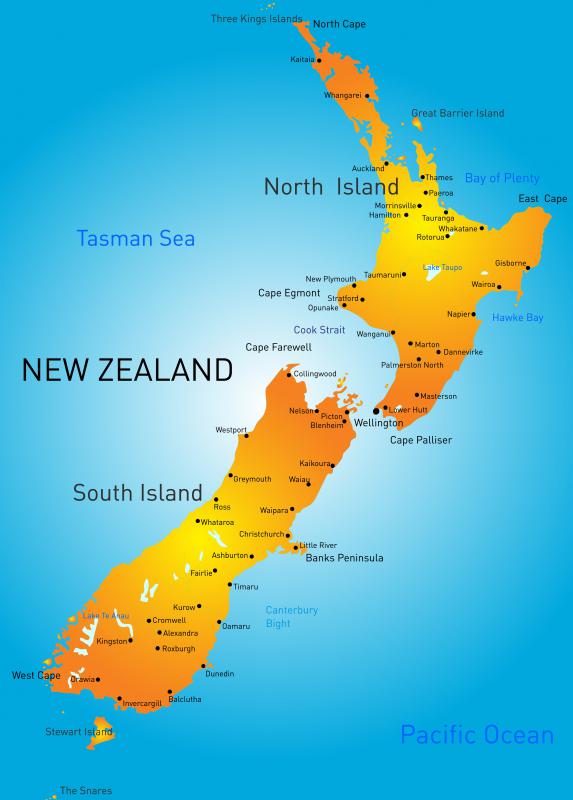At WiseGEEK, we're committed to delivering accurate, trustworthy information. Our expert-authored content is rigorously fact-checked and sourced from credible authorities. Discover how we uphold the highest standards in providing you with reliable knowledge.
What is a Canary Island Date Palm?
The Canary Island Date Palm is a subtropical ornamental plant native to the Canary Islands. Though the palm trees are slow to grow, they can reach very tall heights. They feature a thick, sectioned trunk with a large, round nut at the top of each tree.
Canary Island Date Palm trees are solitary growers with wide, sprawling pinnate leaves that burst from the tree's tops in layers. Trunks are heavy and thick, covered with chunks of separated bark. Leaves droop down partway over each tree, framing the small fruits that grow in a canopy between the leaves. The trees are so large and wide that they are normally planted in large cities and industrial areas rather than yards. They can, however, be used in residential areas, given there is ample space.

Known scientifically as Phoenix canariensis, the Canary Island Date Palm is normally called the Palmera Canaria by locals. Along with the canary bird, it is a symbol of the Canary Islands. It typically grows up to 33 to 66 feet (10 to 20 meters)in height. The trees often dwarf smaller buildings they are used to accent.
Most growers of the Canary Island Date Palm use the tree as an ornamental plant. Some landscapers plan entire plots of land around the trees, using them as focal points for tropical gardens. It grows well in Mediterranean climates, and should not be used in areas with cold temperatures. Places where temperatures drop below 50 degrees Fahrenheit (10 degrees Celsius) will not yield strong, healthy trees in this species unless the trees are removed from the cold and well cared for.

Growing Canary Island Date Palm trees requires planting the tree's seeds. Full sun and moist soil are generally recommended for the tree's optimal growth. The palms are adaptable, however, and have been propagated in poor soil as well. The tree can grow in nearly any tropical climate, and can be found in both the Northern and Southern Hemispheres. In some areas, such as New Zealand, the tree is considered an invasive plant.
Though the Canary Island Date Palm produces an edible fruit, it is largely considered too thin for eating. The fruit grows in fleshy seeded drupes. The bright orange or yellow fruits are very small, at less than half an inch (2 centimeters) in length. Sap of the tree, however, is used for multiple purposes. Palm syrup is the most common use of the sap.
AS FEATURED ON:
AS FEATURED ON:












Discuss this Article
Post your comments